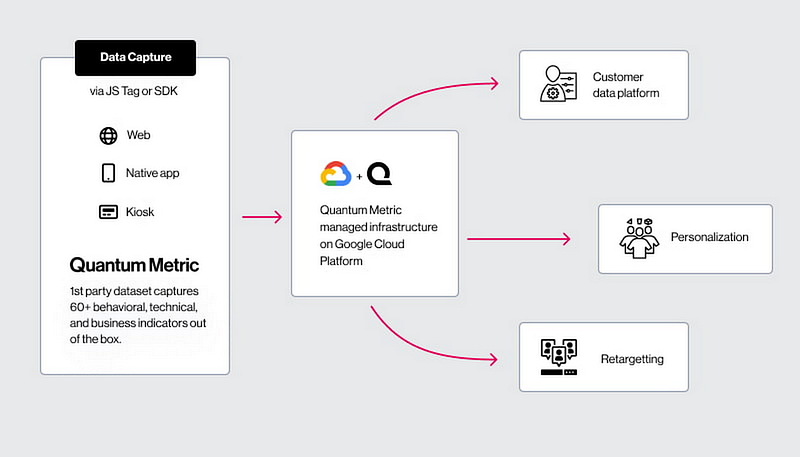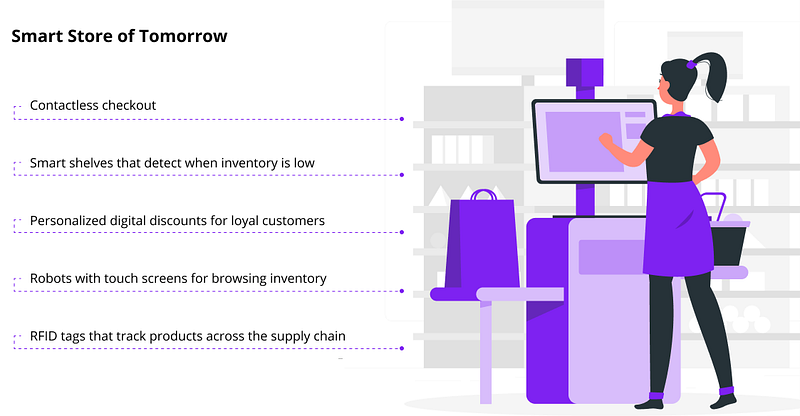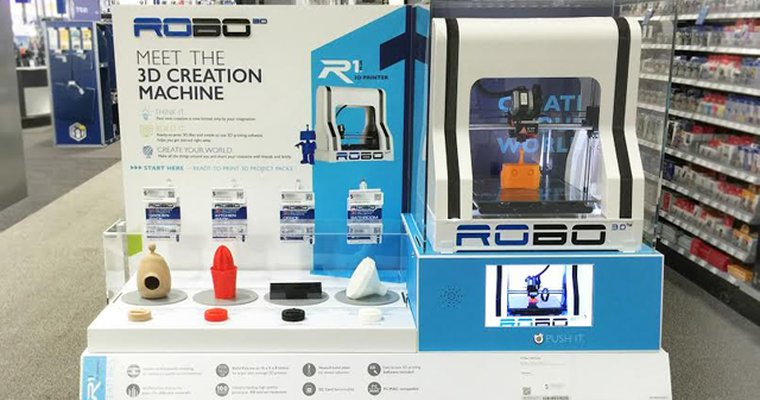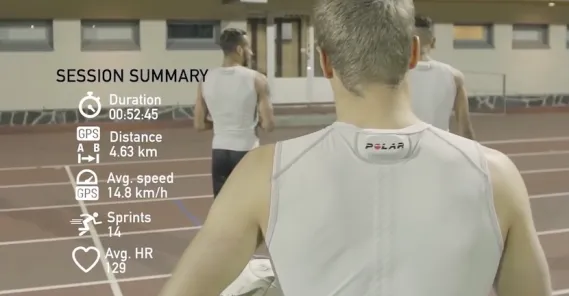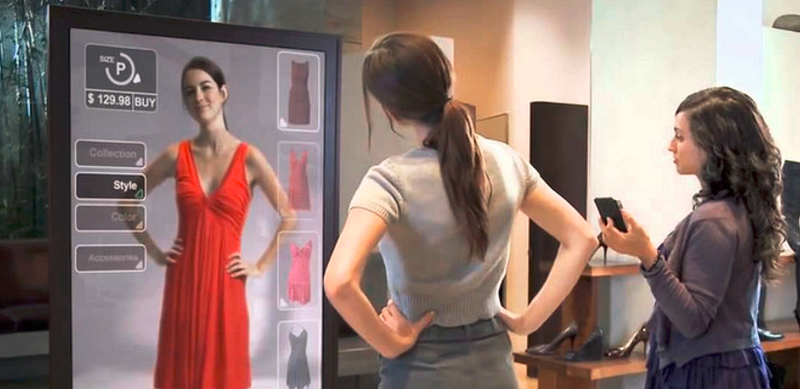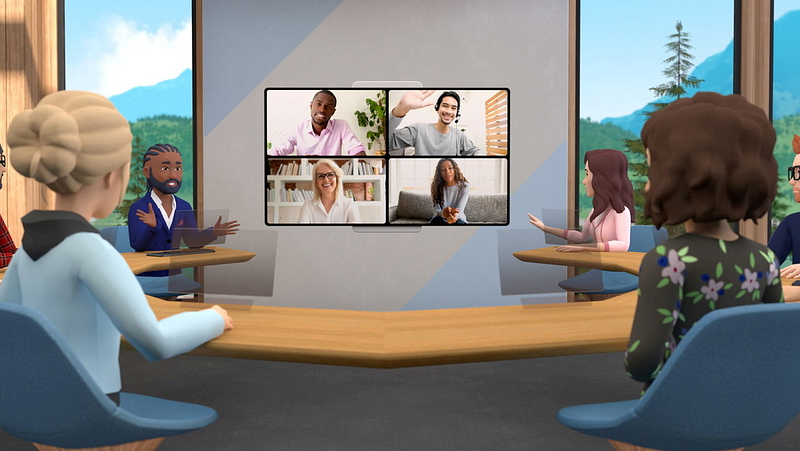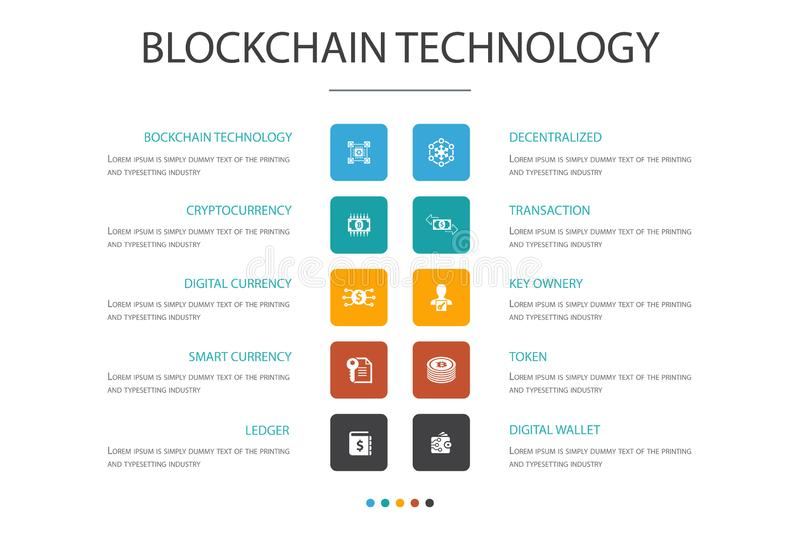The Retail Revolution: What's Coming by 2030
Written on
The Future of Retail: An Overview
The retail landscape is evolving rapidly, with retailers grappling with fierce competition from major online platforms like Amazon. Traditional physical stores are finding it increasingly challenging to stay relevant amid this shift. The convergence of technology is poised to fundamentally alter the retail environment, leading to a significant digital transformation.
Macro Trends Impacting Retail
The retail sector is expected to see further consolidation, leading to the permanent closure of numerous stores. A trend is emerging where retailers are sharing their space with other businesses, creating a hybrid retail experience. Traditional business models are being disrupted by innovations in technology such as automation and Artificial Intelligence (AI), which rely heavily on Cloud computing and Big Data.
As we move forward, we will witness the disappearance of various retail brands and channels, including physical stores, online platforms, mobile shopping applications, and catalogs. A new generation of consumers, projected to reach 8 billion globally, will demand unique shopping experiences primarily in urban areas. To thrive, businesses must reinvent their models, harnessing technological opportunities and the vast amounts of data generated from their operations.
- Personalized AI-Driven Retail Experiences
Retailers are already utilizing AI and machine learning to enhance customer experiences. This includes personalized recommendations, improved product offerings, demand forecasting, and inventory optimization. AI's goal is to automate complex decision-making processes, leveraging algorithms on large datasets to create models that improve over time.
With the advent of Quantum Computing, imagine having processing capabilities that are 100 times faster, offering unprecedented opportunities for businesses to analyze their data.
Your AI assistant may soon understand your preferences better than you do, offering hyper-personalized product suggestions while managing purchases and customer support interactions.
- IoT-Driven Retail Operations
The Internet of Things (IoT) is becoming more ingrained in our daily lives. Devices like Alexa and Google Home collect data to enhance customer experiences and streamline operations. Retailers will increasingly implement IoT technologies, enabling them to monitor and respond to customer behavior across various channels.
This integration will lead to innovations such as cashier-less stores and automated inventory management.
Additionally, robots will enhance operational efficiency, supporting retailers in managing inventory with remarkable precision through AI and Quantum Computing.
- On-Demand 3D Printed Products
As digital retail continues to grow, 3D Printing is set to become mainstream. For instance, Adidas is exploring Additive Manufacturing to create sneakers on demand at retail locations. This shift could replace traditional shipping with instant in-store printing.
The implications for the supply chain are profound, leading to reduced waste and a shift toward more user-designed products.
- Adaptive and Embedded Retail Products
The retail sector will see a rise in new materials and nanotechnology, allowing for products that can change in response to environmental factors. This evolution will lead to more intelligent products, such as clothing with integrated sensors to monitor health metrics.
- Augmented Reality Shopping Experiences
As virtual shopping becomes commonplace, Augmented Reality (AR) will create richer shopping experiences. Imagine entering a store and receiving instant information about products, including prices and personalized recommendations, all displayed through AR lenses.
- Immersive Virtual Retail Environments
Virtual Reality (VR) technology is set to transform shopping by creating immersive digital worlds. This could lead to virtual shopping malls and brand stores where consumers can interact with products in entirely new ways.
- Decentralized and Immaterial Transactions
The rise of digital products has accelerated the trend toward virtual transactions. Blockchain technology will play a key role in ensuring the security and authenticity of these transactions.
The Future of Retail Videos
To delve deeper into the future of retail, check out these insightful videos:
A Shopping Trip in 2030: Warning - Spoiler Alert!
This video explores a futuristic shopping experience, showcasing how technology will redefine our retail interactions.
The Future of Retail - Tech in 2030
A discussion on the technological advancements shaping retail in the coming years.
Conclusion: Preparing for the Future
As technology converges to reshape the retail landscape, businesses must adapt to stay relevant. This requires strategic planning and a willingness to embrace change. Retailers should consider how emerging technologies can enhance their value propositions and drive new business opportunities.
Reflecting on the future, the question remains: how will you prepare for these changes? "The best way to predict the future is to create it." — Alan Kay
References
- Peter H. Diamantis, Steven Kotler, The Future Is Faster Than You Think: How Converging Technologies Are Transforming Business, Industries, and Our Lives. Simon & Schuster.
- Mauro F. Guillen, 2030: How Today’s Biggest Trends Will Collide and Reshape the Future of Everything. St. Martin’s Press.
- Marco Iansiti, Karim R. Lakhani, Competing in the Age of AI: Strategy and Leadership When Algorithms and Networks Run the World. Harvard Business Review Press.
- Yves Caseau, The Lean Approach to Digital Transformation: From Customer to Code and from Code to Customer. Productivity Pr.
